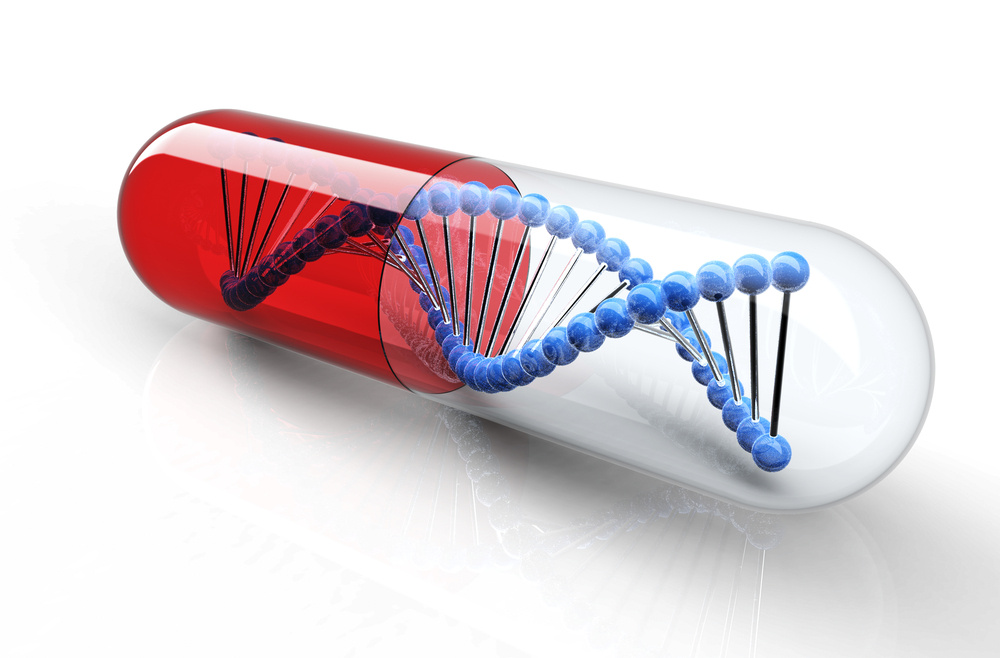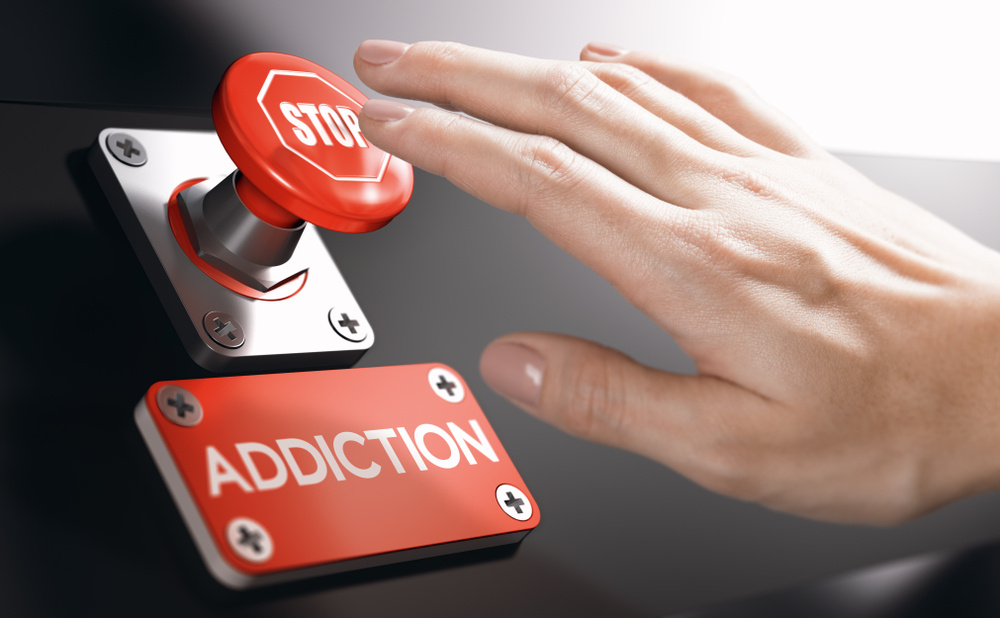How Does Addiction Cause Depression?
Addiction, also known as substance use disorder (SUD), is listed in the Diagnostic and Statistical Manual of Mental Disorders, Fifth Edition (DSM-5) as a chronic, relapsing neurological disorder. The Mayo Clinic explains addiction as a disease “that affects a person’s brain and behavior and leads to an inability to control the use of a legal or illegal drug or medication.” While the scientific reasoning behind why an individual develops an addiction remains unknown, there are certain risk factors (e.g., environmental risk factors, genetic risk factors, psychological risk factors, socioeconomic risk factors, etc.) that can increase an individual’s susceptibility to developing substance use disorder.
Addiction can wreak havoc in all areas of one’s life. Because the disease compels the individual to prioritize satisfying his or her substance cravings above all else, an individual can experience a plethora of adverse effects, including physiological complications, relationship fractures, financial strain, legal challenges, employment issues, and more. There are a variety of contributing factors that play a role in the development of addiction, many of which overlap with factors related to an individual’s susceptibility for developing depression. However, data suggests that substance abuse can trigger or intensify the feelings of loneliness, sadness and hopelessness often associated with depression.
Depression
Depression, also known as major depressive disorder (MDD) or clinical depression, is listed as a medical illness in the Diagnostic and Statistical Manual of Mental Disorders, Fifth Edition, and is recognized as a serious mood disorder. The World Health Organization (WHO) explains that depression is “characterized by persistent sadness and a lack of interest or pleasure in previously rewarding or enjoyable activities,” resulting in significant impairment in one’s daily life.
The Journal of Clinical Psychiatry asserts that more than one-third of Americans who struggle with addiction also suffer from depression. Nevertheless, in most cases, it is virtually impossible to distinguish which mental health ailment truly manifests first in individuals that have a dual diagnosis. Individuals that suffer from depression may attempt to ease his or her symptoms by abusing drugs and/ or alcohol as a means of self-medicating. On the other hand, an individual that struggles with addiction, by nature of the disease may develop depression and/ or awaken another type of previously dormant mental health ailment. Although addiction is a recognized risk factor of depression, it would be erroneous to claim substance use disorder as the sole cause for the development clinical depression.
For Information and Support Substance abuse and addiction can be incredibly dangerous and can result in severe short and long-term consequences. If you or someone you know is suffering from substance abuse or addiction, please get help as soon as possible. The earlier you seek support, the sooner you and your loved ones can return to leading happy, healthy, and fulfilling lives. There is no reason to go through this alone, and we are here to help. Please feel free to reach out to us for further information or with any questions regarding substance abuse or addiction. We are available anytime via telephone at: 213-389-9964, or you can always email us at: info@friendlyhousela.org.



